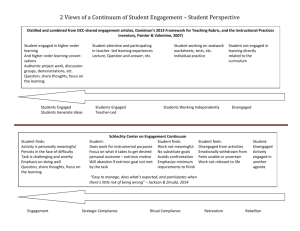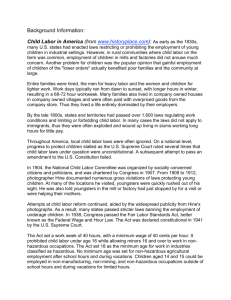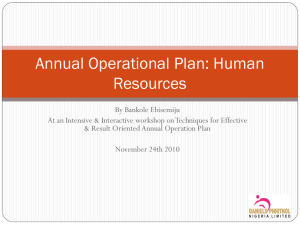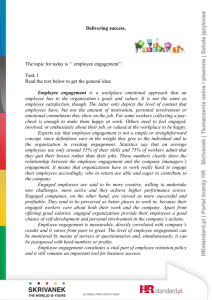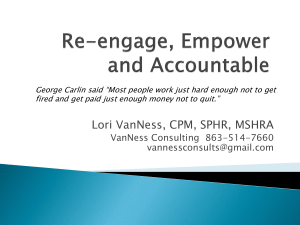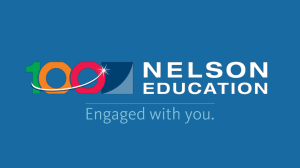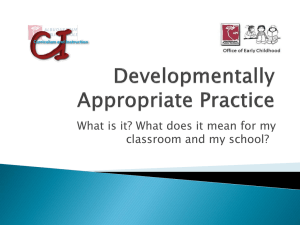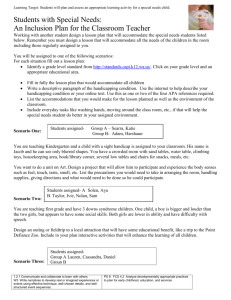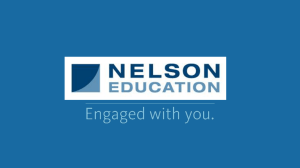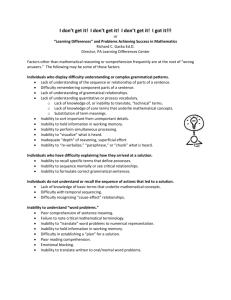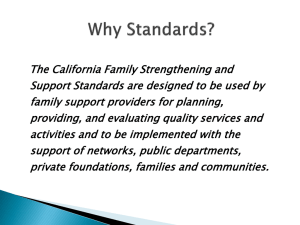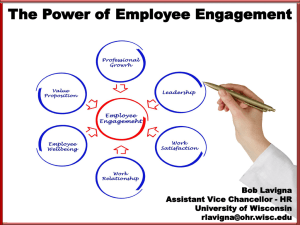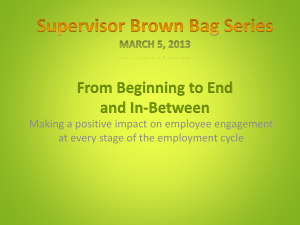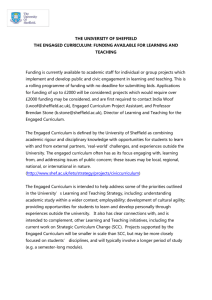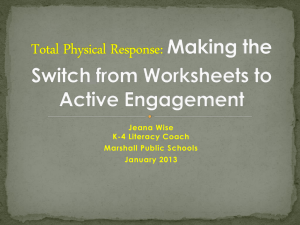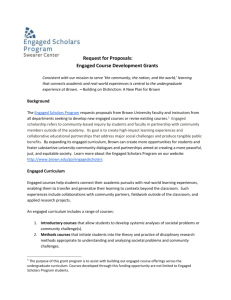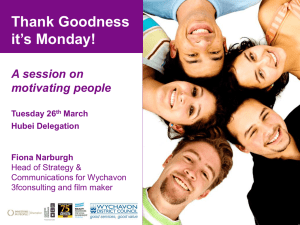Young people as professionals - Jim Casey Youth Opportunities
advertisement
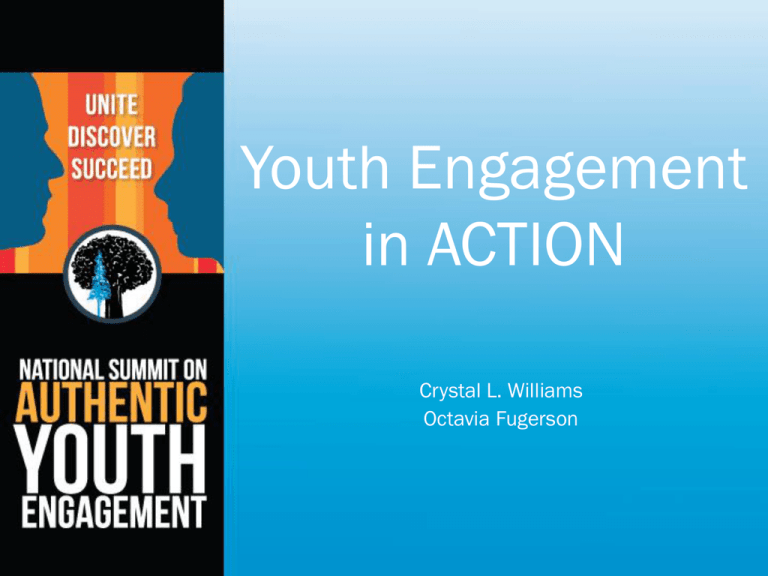
Youth Engagement in ACTION Crystal L. Williams Octavia Fugerson In this session… • • • • Engaging young people as professionals Building Social Capital Strengthening Communication Developmentally appropriate Opportunities How young people are being engaged. • 2 hours and 20 minutes a day on average spent online • 80 percent of their time online is spent on a social networking site • 90 percent of teenagers say they’ve created an online profile for at least one social networking site • Facebook and YouTube are the ones most popularly frequented by teens Roiworld’s Teens & Social Networks Study (June 2010) “Young people who are not authentically engaged are placed on the stage of life without the proper preparation that they need to take action in a professional arena.” Young people as professionals Cultivate growth as a professional in their field Identify strengths and provide opportunities exercise talents Challenge young people to pinpoint and pursue their goals Raise expectations to spark growth towards excellence. SCENARIO 1: The Professional Foster Kid Building Social Capital • Provide opportunities for Bridging and Bonding • Ensure that young people are given an opportunity to contribute to the work indefinitely • Think of multiple levels of engagement • Think outside of the box (intentionally create community collaboration) • Find bridges to professional networks • Ensure that young people are prepared to engage “It’s Crucial! Young people who have opportunities to be fully engaged with adults and “practice” adult skills such as reasoning, decision making, and selfregulation are thus strengthening the parts of the brain responsible for those functions.” SCENARIO 2: Properly Unprepared “Young people don’t care how much you know until they know how much you care.” –Author Unknown BARRIERS TO COMMUNICATION for the young person • • • • • • • Misunderstanding Hurt and misconception about “ALL adults” Negative expectations Inability to translate feelings into words Lack of trust Feeling it is pointless to communicate with adults Others? BARRIERS TO COMMUNICATION: For the Adults • • • • • • • Need to establish clear boundaries Trauma informed Inability to translate practically Inconsistency Inability to “get through” to the young person Frustration Others? SCENARIO 3: Miss Misunderstood The POWER of Communication “It’s Crucial! Young people who have opportunities to be fully engaged with adults and “practice” adult skills such as reasoning, decision making, and self-regulation are thus strengthening the parts of the brain responsible for those functions.” -Jim Casey Youth Engagement Issue Brief Developmentally Appropriate Opportunities • Advancement for the young person as a professional • Engaging youth as more than simple storytellers • The importance of having youth use critical thinking, analysis and decision making THANK YOU!

